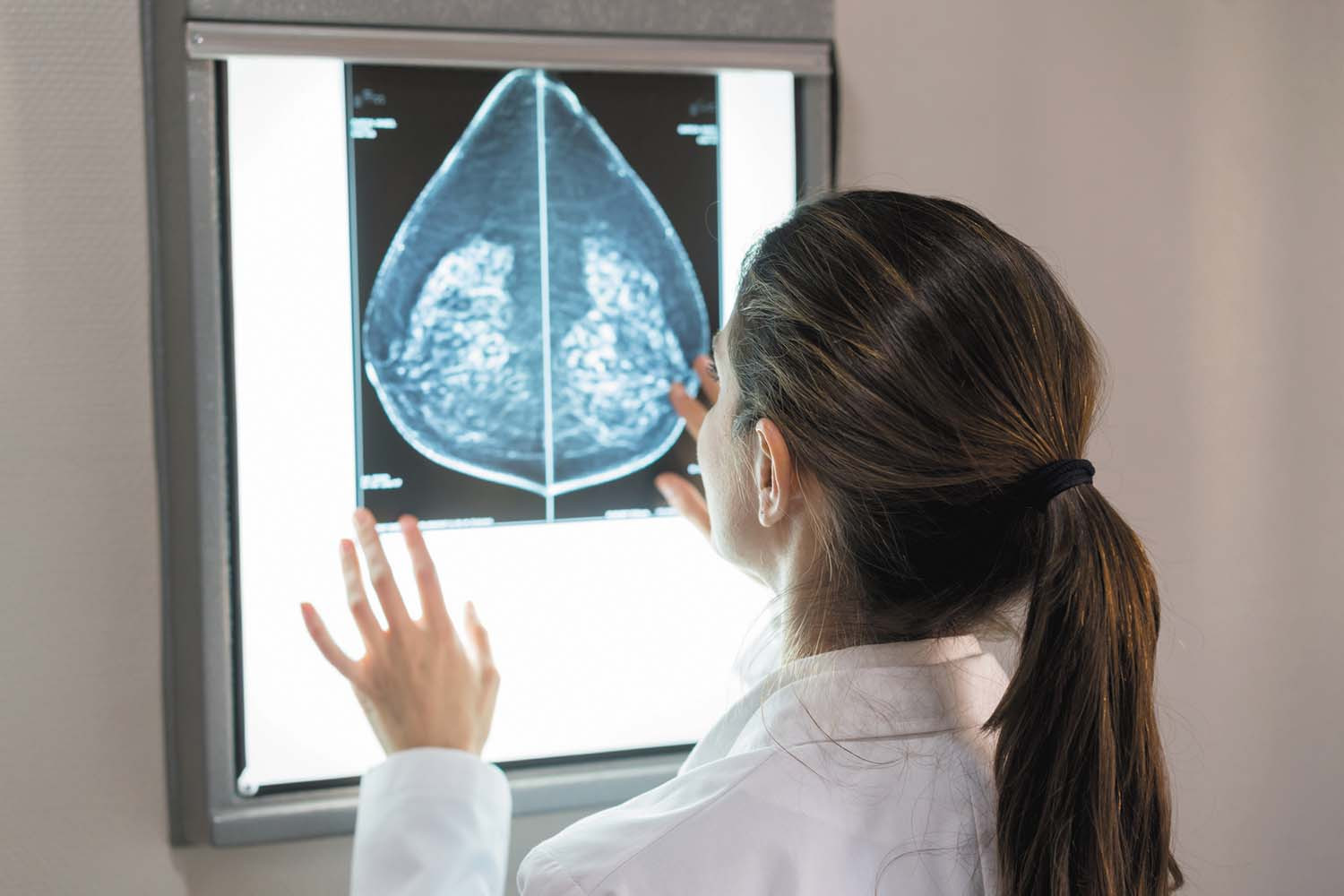Recent Blog Articles

Tick season is expanding: Protect yourself against Lyme disease

What? Another medical form to fill out?

How do trees and green spaces enhance our health?

A muscle-building obsession in boys: What to know and do

Harvard Health Ad Watch: New drug, old song, clever tagline

Concussion in children: What to know and do

What color is your tongue? What's healthy, what's not?

Your amazing parathyroid glands

When — and how — should you be screened for colon cancer?

Co-regulation: Helping children and teens navigate big emotions
Screening Tests for Women Archive
Articles
Colon cancer screening decisions: What's the best option and when?
Colorectal cancer is the second leading cause of cancer deaths in the United States, and rates are rising, particularly in younger people. It can be prevented with screening tests; there are several different types of tests that are performed in different ways, and guidelines for when testing should begin and how often people should be tested.
Home screening options for colorectal cancer
There are several at-home screening tests for colorectal cancer. The most accurate are a fecal immunochemical test (FIT) and a multitarget stool DNA (mt-sDNA) test (Cologuard), also known as a FIT-DNA test. The FIT test uses antibodies to detect blood in stool, and must be done once a year. The FIT-DNA test can identify DNA from cancer cells in the stool and also has a FIT component to look for blood. This test may be repeated once every three years.
Are women being over-diagnosed with thyroid cancer?
Adding ultrasound to mammography improves cancer detection rate
7 strategies to prevent cancer
New recommendation: Earlier colorectal cancer screening
Breast centers out of step with federal mammography recommendations
Women's group recommends more screenings for anxiety
Research we're watching
A national coalition of women's health organizations recommends screening all adolescent girls (ages 13 and older) and adult women for anxiety. The goal is to improve detection and treatment for this common condition. The Women's Preventive Services Initiative (WPSI) recommends screening to look for all types of anxiety disorders, such as panic disorder, social anxiety disorder, and generalized anxiety disorder, in addition to depression screenings, which are already recommended for adults, says the WPSI. It would be up to individual clinicians to determine how often to do the screenings and to refer women and girls for follow-up examinations and screening.
Image: fizkes/Getty Images
Should we screen all adolescent girls and women for anxiety?
Researchers test new technology for screening dense breasts
Research we're watching
Can a new breast screening technology find more cancers in women with dense breast tissue? A study managed by the American College of Radiology (ACR) Center for Research and Innovation will compare contrast-enhanced spectral mammography (CESM) to other screening technologies used for dense breasts (those that contain a higher proportion of active tissue than fat). It's difficult to find cancers in dense breast tissue using traditional mammography because the active tissue shows up as white areas on a mammogram, just like cancers do, making abnormalities harder to see.
CESM is similar in some ways to traditional mammography, but before having the usual x-ray, the woman is injected with a special iodine-based contrast agent that highlights abnormal areas on the image more clearly. Cancerous tumors typically create new blood vessels when they form, and the contrast agent can reveal that increased blood flow, alerting the radiologist to a potential cancer.
Recent Blog Articles

Tick season is expanding: Protect yourself against Lyme disease

What? Another medical form to fill out?

How do trees and green spaces enhance our health?

A muscle-building obsession in boys: What to know and do

Harvard Health Ad Watch: New drug, old song, clever tagline

Concussion in children: What to know and do

What color is your tongue? What's healthy, what's not?

Your amazing parathyroid glands

When — and how — should you be screened for colon cancer?

Co-regulation: Helping children and teens navigate big emotions
Free Healthbeat Signup
Get the latest in health news delivered to your inbox!
Sign Up











